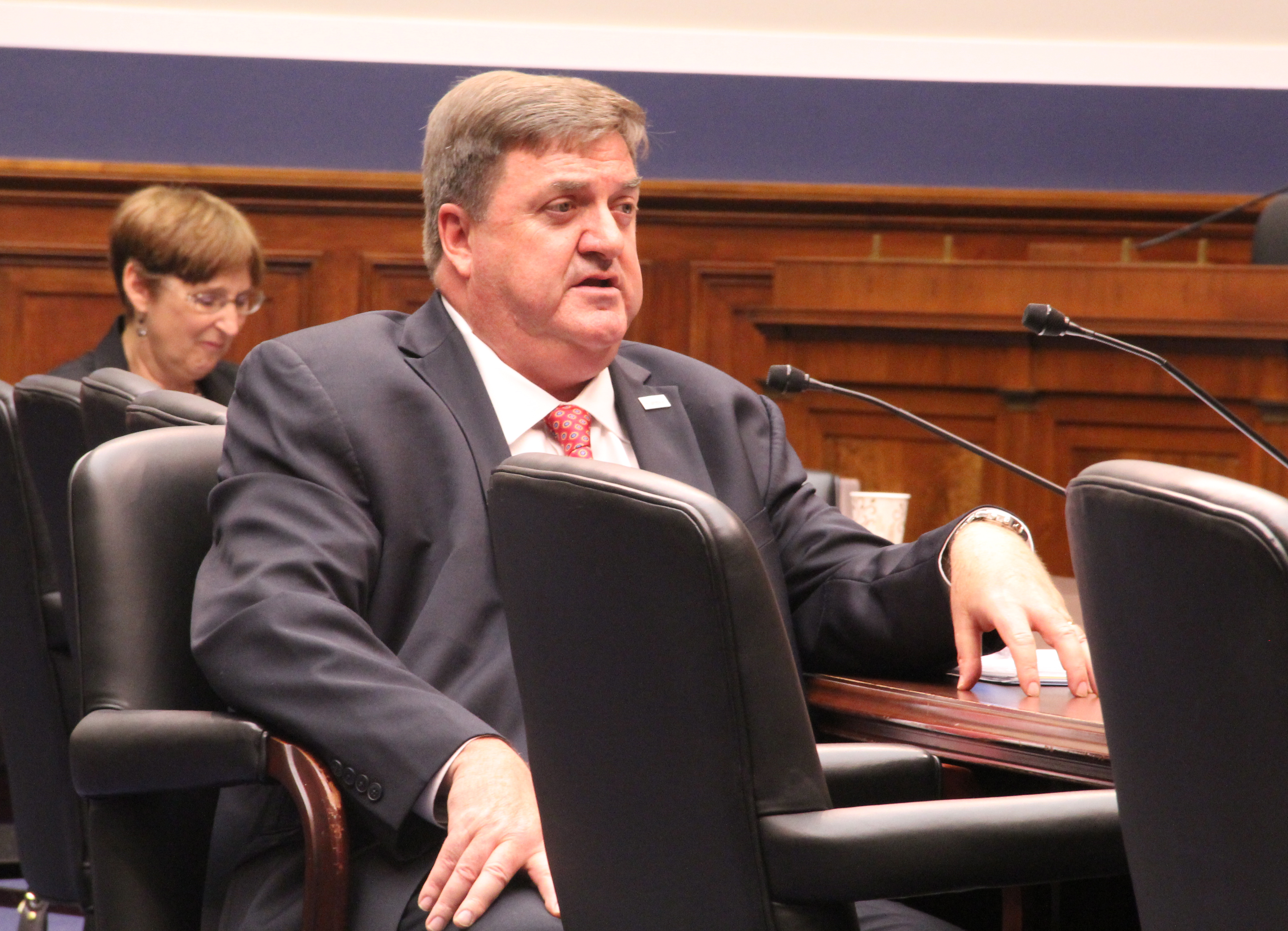WASHINGTON – The chairman’s voice quivered as he closed an hour-long subcommittee meeting on the abduction and sex trafficking of children. Thinking of his own young children, Rep. Todd Rokita put himself in the place of so many parents destroyed by the pain of missing kids.
“My blood boils when you gave an example of how a child can be delivered to a hotel room as easily as ordering a pizza,” Rokita, R-Ind., told witness, John Ryan, CEO of the National Center for Missing and Exploited Children. “Protecting children has been and must remain a national priority,”
With Congress’s summer recess right around the corner, it is doubtful that lawmakers will push through any new legislation to lessen the fears of parents nationwide. Though the Missing Children’s Assistance Act was reauthorized last year, advocates say there is always more that can be done, especially as technology play a larger role in missing children’s cases. But’s it’s not likely to happen before the mid-term elections this November.
In his testimony Tuesday, Ryan urged Congress to recognize the ever-evolving threat of social media and technology in aiding pimps and predators who target vulnerable kids.
The hearing before the House Education and the Workforce subcommittee sought an update on the national problem of missing and abused children from the national center, which received $40 million in federal money from the 2013 Missing Children’s Act.
The National Center for Missing and Exploited Children, a leading non-profit located in Alexandria, Va., has assisted in finding and recovering 160,000 children since 1984 when it was created through partnerships with law enforcement, states, and school districts. The center serves as a national clearinghouse for information on missing and sexually exploited children.
Ryan, who worked for 17 years with AOL Inc. as senior vice president and deputy general counsel overseeing Internet crimes committed against children, wants Congress to do more. Teaching about sex trafficking danger signs should be standardized in schools and social service agencies should be required to report missing child cases to the federal government, he said.
“The Internet has transformed life in many positive ways,” Ryan said. “But it has also fostered an explosion of child pornography… traded amongst offenders from all walks of life.”
Over the past year, the national center developed education curricula to assist teachers in talking to their students about abduction. It will be released in schools this fall.
A community-by-community or state-by-state approach to the curriculum won’t do, Ryan said. It would be most effective if carried out nationwide, creating a standard for training and intervention.
Training teachers, social workers, principals and parents, to pick up on signs of abuse, sudden drops in performance rates, and other symptoms are the keys to fixing this “problem of epidemic proportions,” Ryan said.
Currently, only two states, Florida and Illinois, mandate social service agencies to federally report every case regarding a missing child to law enforcement and then to the national center. Over 4,000 cases were reported in the last year.
Ryan said expanding federally mandated reporting to all 50 states would allow law enforcement to intervene sooner by tracking trends to find where an abducted child might have been taken.
Ryan found support from all members of the subcommittee.
Rep. Susan Brooks, R- Ind., said Congress should help improve the partnership between law enforcement and Ryan’s center, making sure databases holding information on missing children on both sides can be used more efficiently.
The National Center for Missing and Exploited Children, reports that one out of every seven endangered runaways is involved in sex trafficking.


